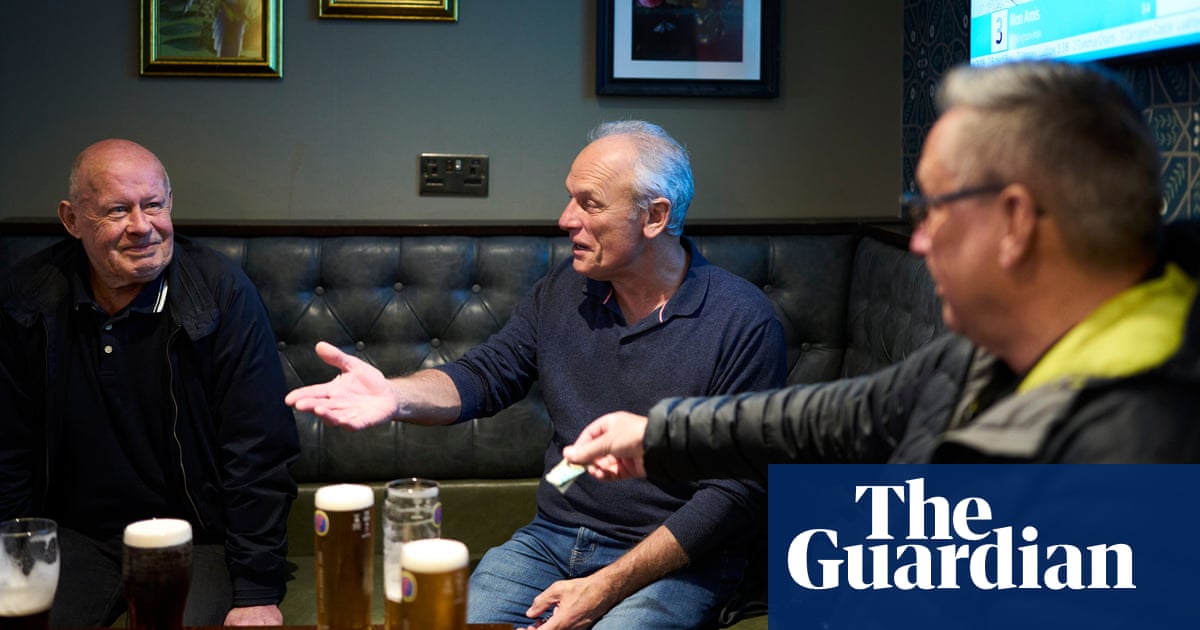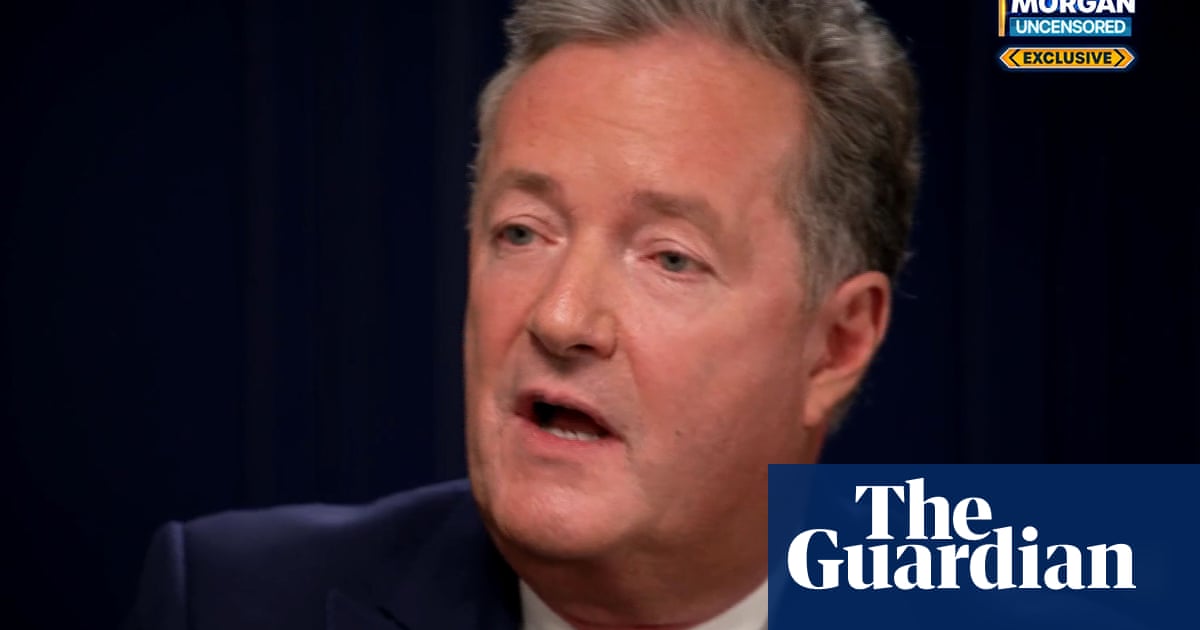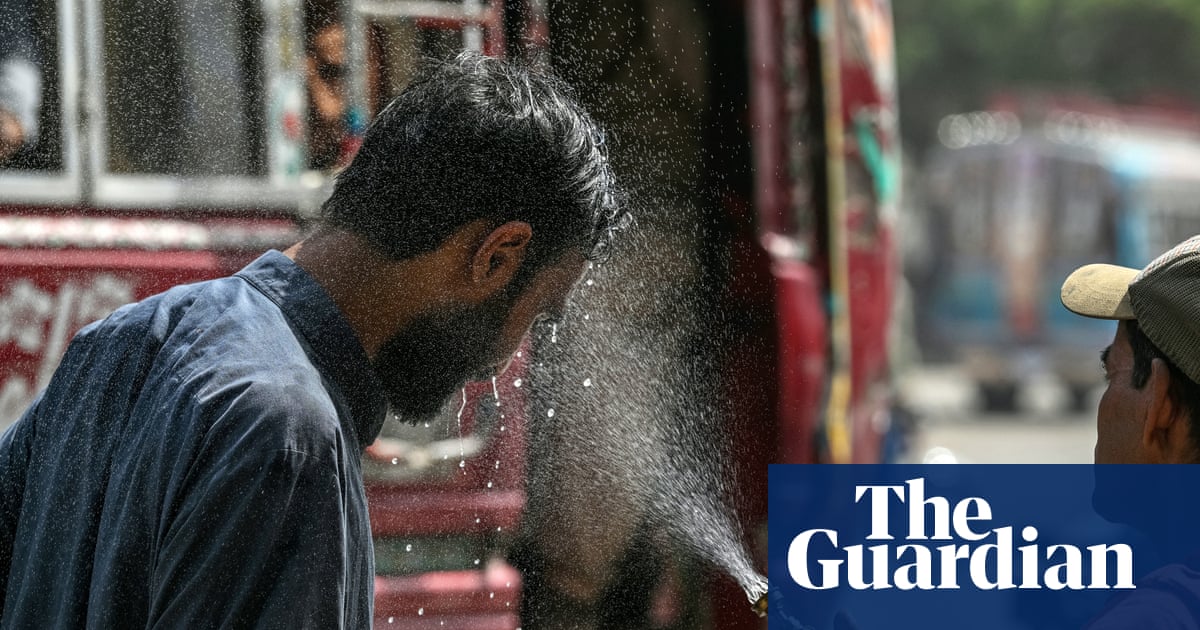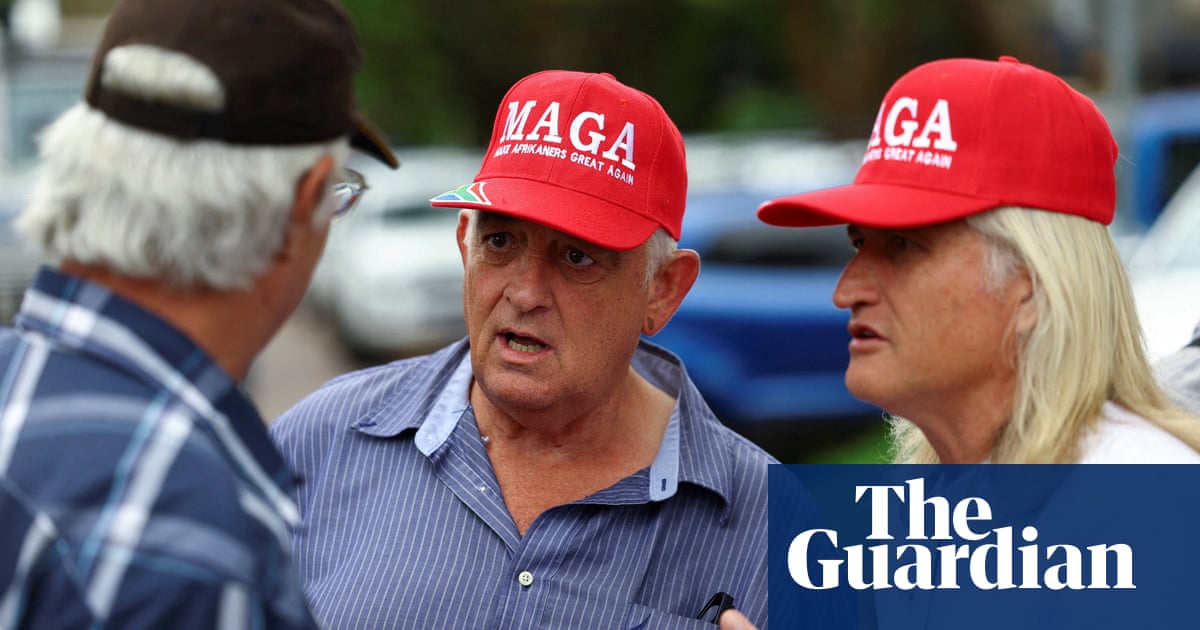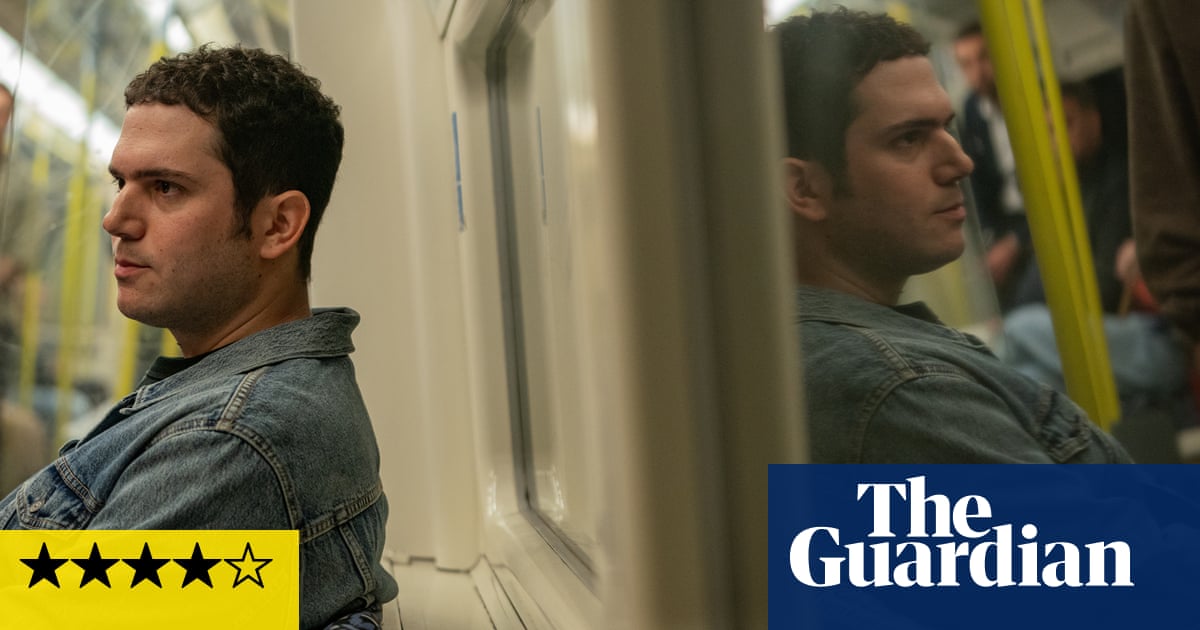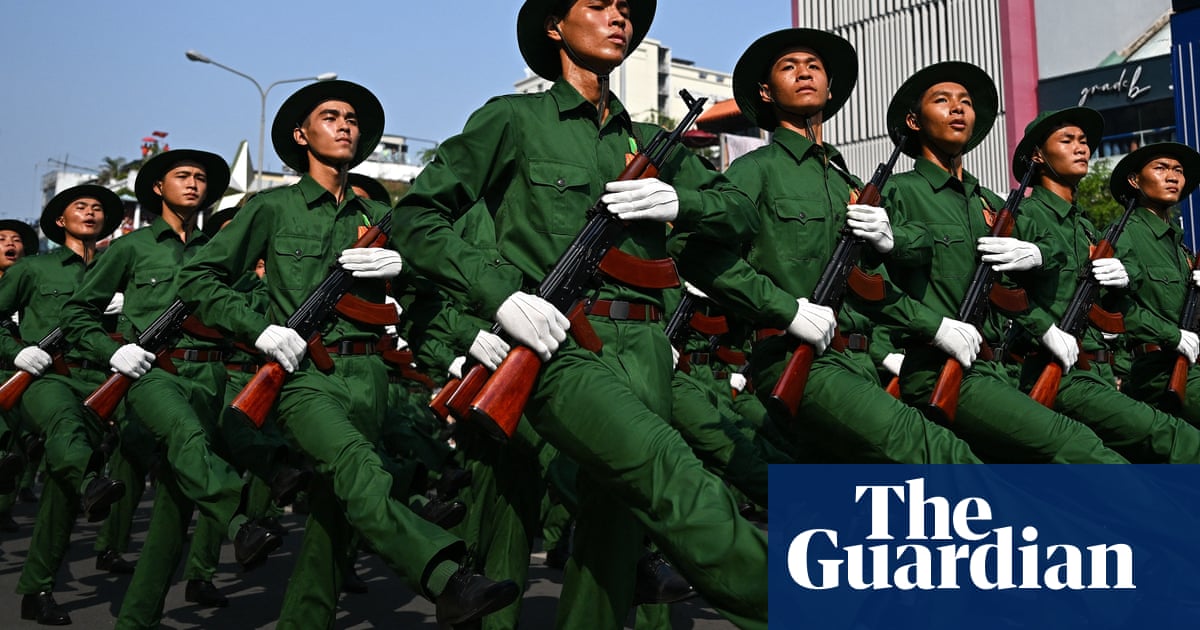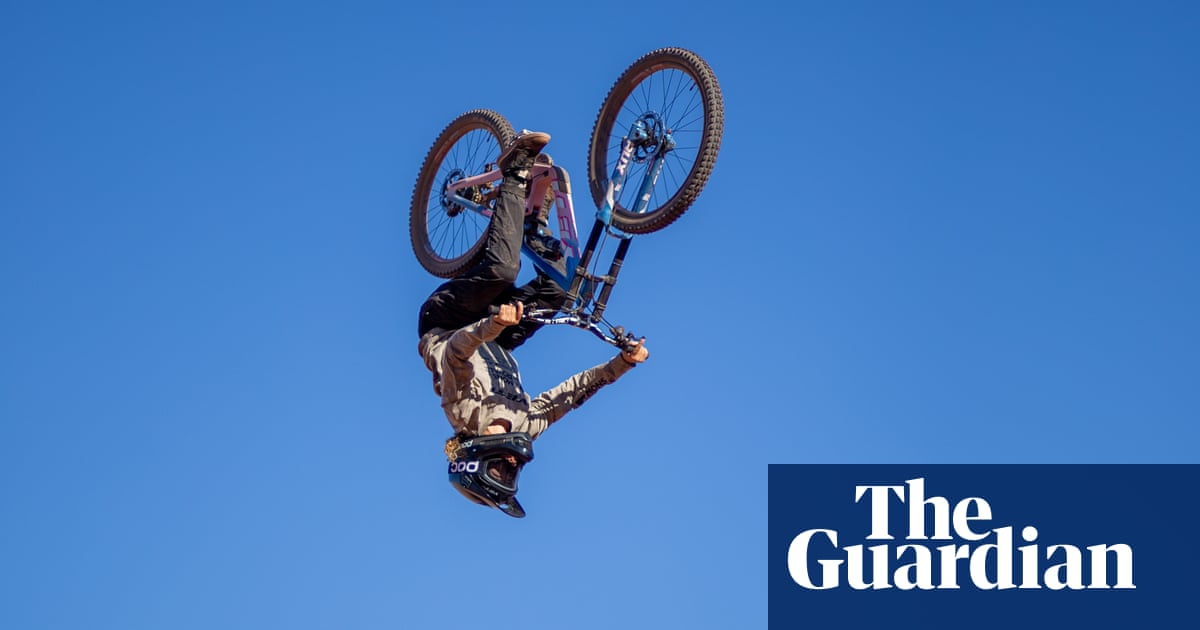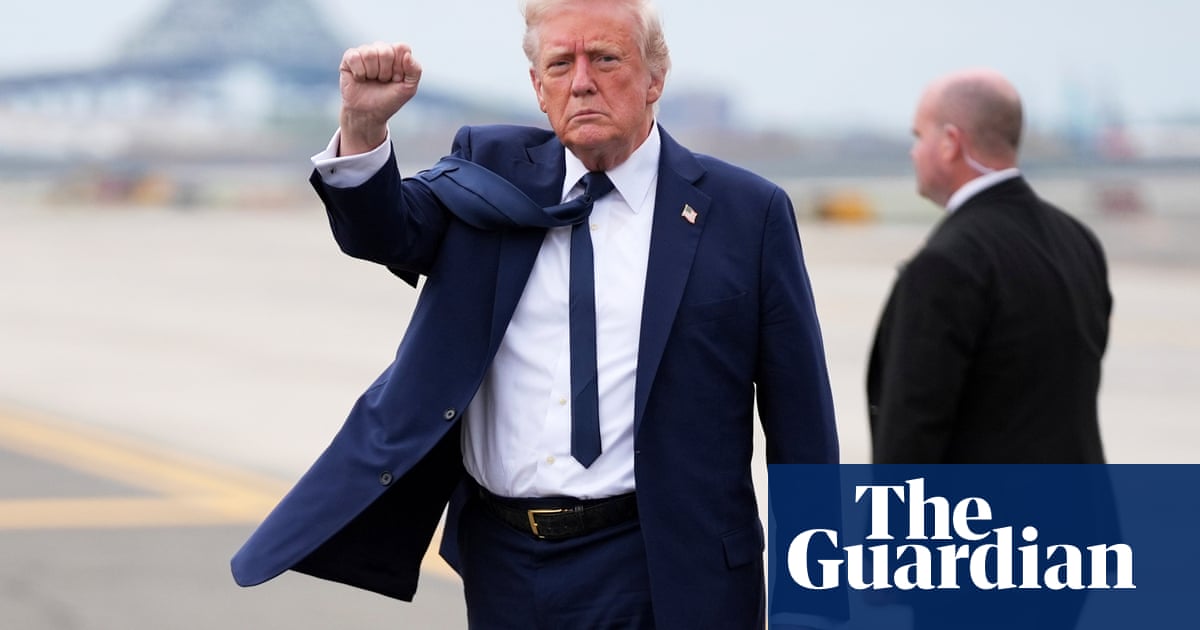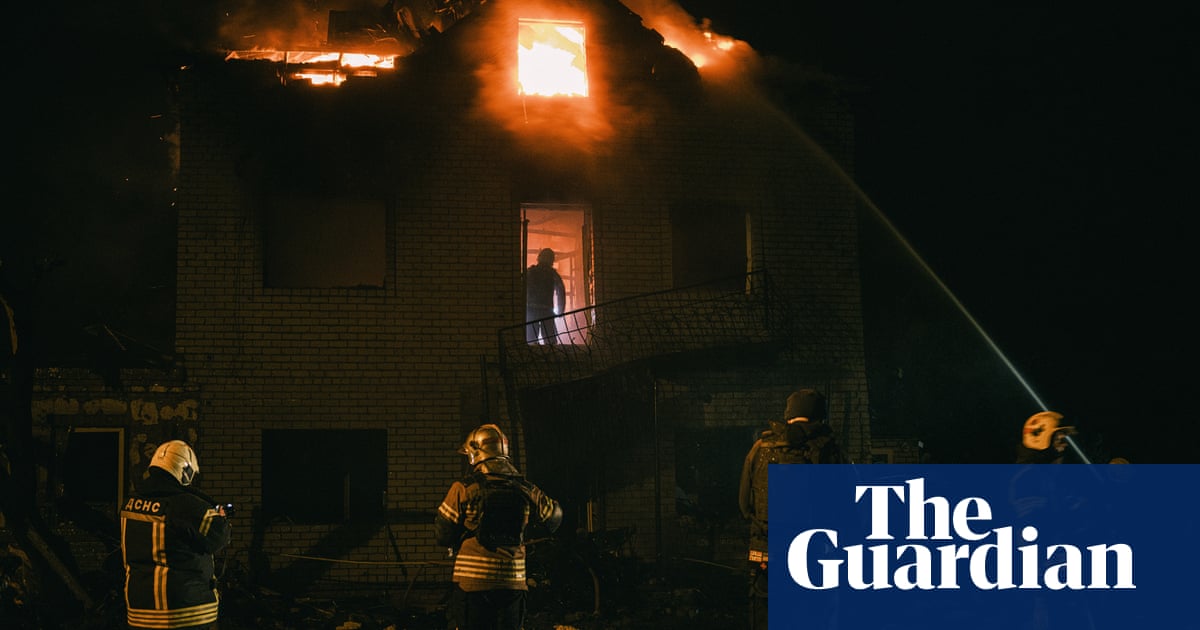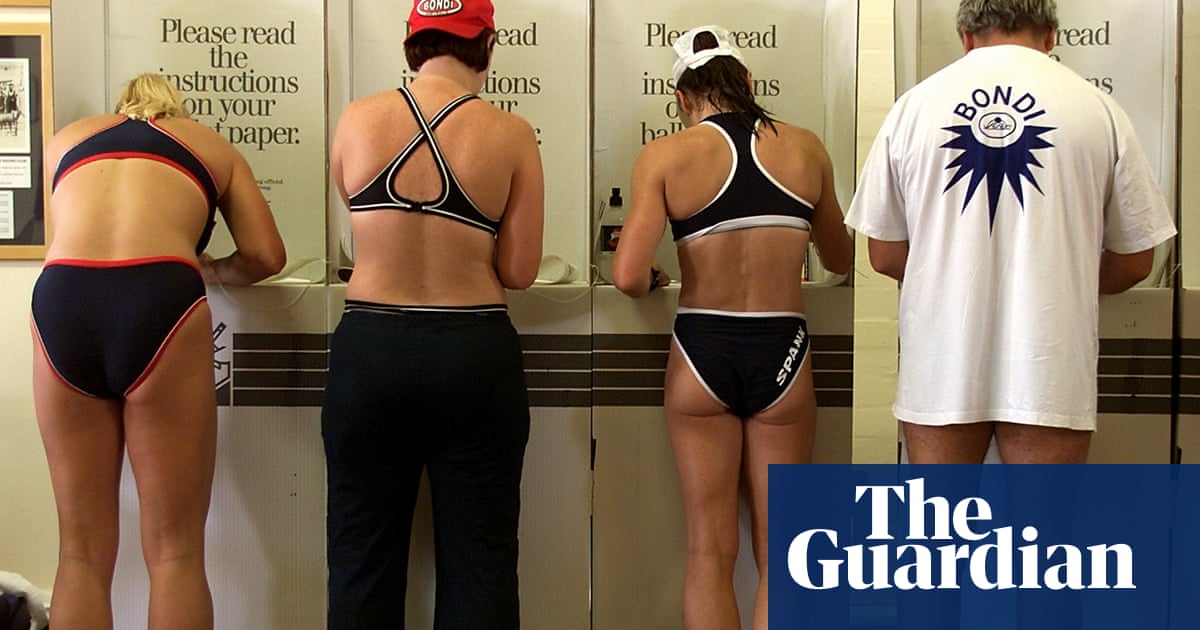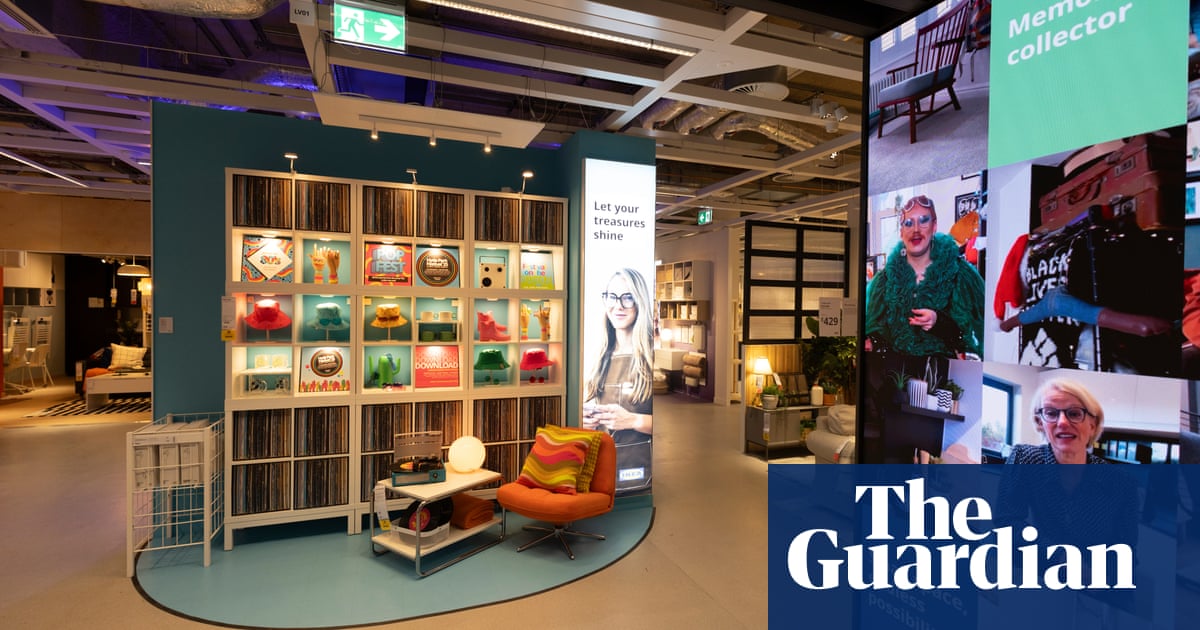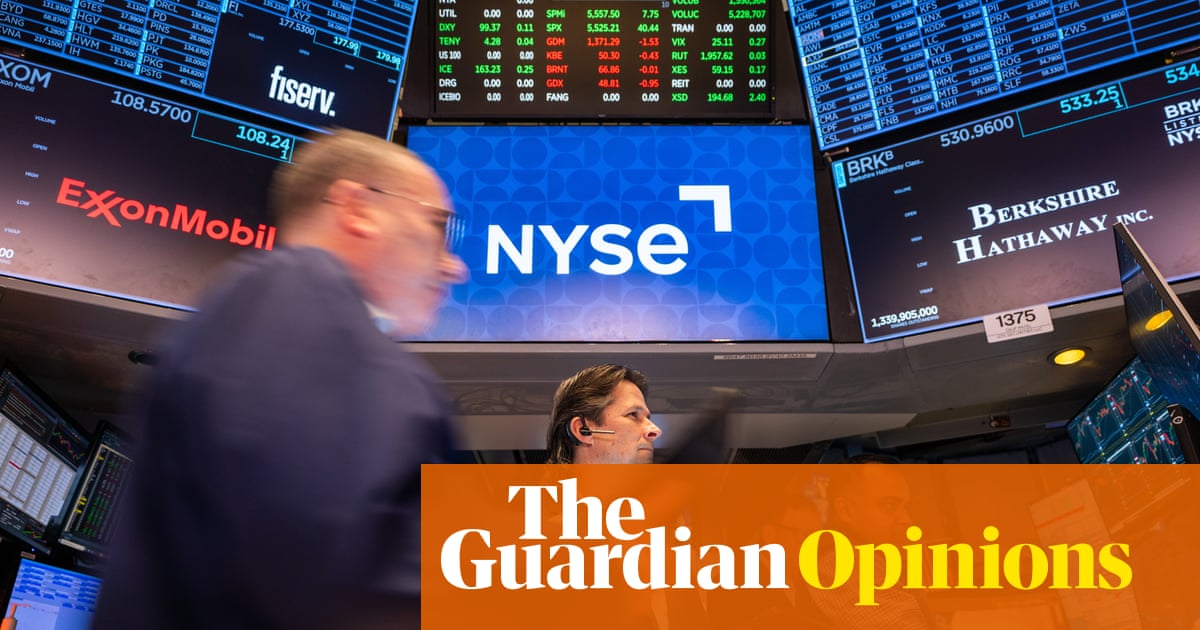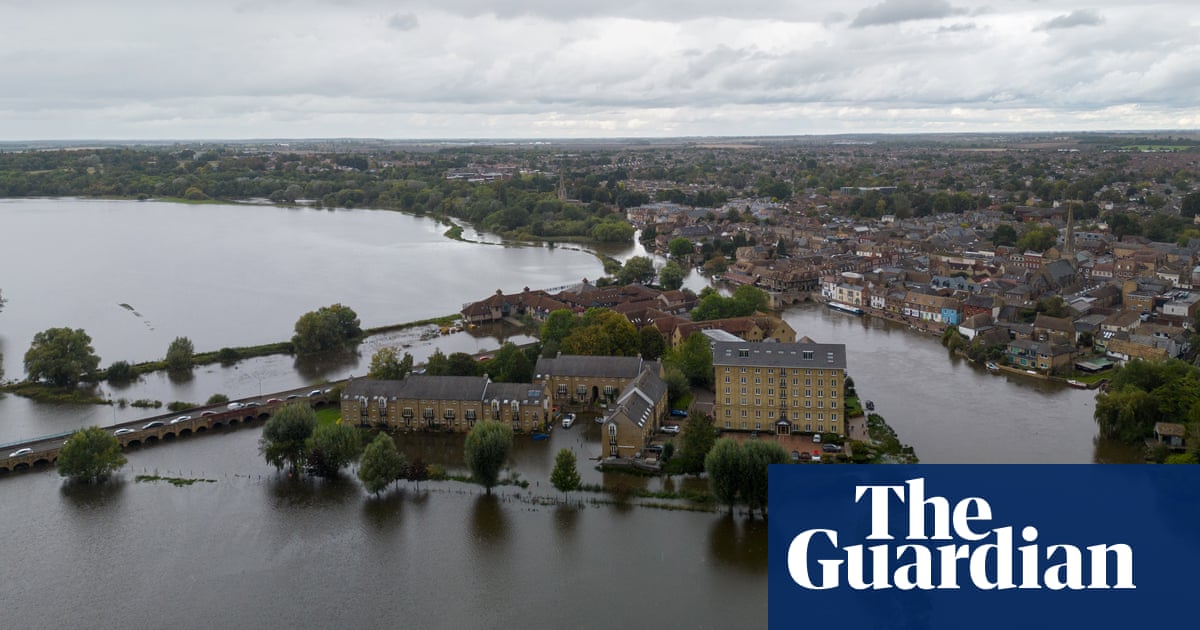In Hamburg’s spring sunshine, 200,000-tonne cargo ships almost half a mile long, piled high with the same weight in shipping containers, are docked quayside along the Elbe River. Cranes slowly offload the metal boxes packed with everything from raw materials to food and electronics, and, in some, cocaine.
Between 2018 and 2023 cocaine seizures rose by 750%, marking out Germany as another major European hub in the ever-expanding global trade. But the influx is not just ramping up addiction, it is also fuelling corruption in a country perceived as being one of the least corrupt in the world.
“We are seeing an infiltration of the port infrastructure in Hamburg, bribing of police officers in exchange for information and lately a state attorney awaiting trial for [allegedly] leaking information to a cocaine trafficking network,” said Daniel Brombacher, who runs the Europe bureau at the Global Initiative Against Transnational Organized Crime.
In 2021, police announced Europe’s biggest ever seizure of cocaine at the port: 16 tonnes of high-purity powder stashed in 1,700 wall-putty tins shipped from Paraguay to Hamburg. The lead public prosecutor in that case was in court last week accused of being on the payroll of the same gang he was supposed to be prosecuting.

The man, named as Yashar G, is accused of leaking investigation details to the gang and warning suspects of their imminent arrest in return for €5,000 (£4,250) a month. He was arrested in October by police monitoring the gang’s encrypted communications – when police raided the network shortly after the Hamburg seizure, key targets had already fled to Dubai. Yashar G is also accused of leaking sensitive information to other drug gangs. He denies all allegations against him.
Cocaine production in Colombia and its consumption in western Europe are hitting record highs. So too is the money being made by European organised crime networks distributing a product worth more by weight than platinum. A kilo of cocaine is worth $2,000 in Colombia, but once in Europe its value rockets to an average of $40,000. Profits from this huge mark-up are not just spent on luxury cars and villas, but used to smooth the path for the next shipment as the gangster creep digs its tentacles into countries including the Netherlands, Belgium, Sweden and Germany.
Hamburg, the European Union’s third largest port is one of its most targeted ports by drug gangs, according to Europol. Insiders known as hafeninnentäter (including dock and shipping workers, security guards and truck drivers) move the drugs unnoticed. Two Hamburg port workers were this month jailed for helping transport 480kg of cocaine from Ecuador and enabling a physical attack on a colleague who threatened the plot.
Police have launched a publicity campaign to help port workers fend off drug gangs trying to recruit or extort them, but Hamburg’s port security forces feel so under threat they last year demanded submachine guns. In one incident Belgian police tipped off Hamburg’s port police that an armed French drug gang was planning a raid to recover seized cocaine.

Cocaine’s profits meanwhile spill out on to Hamburg’s streets. “Karl”, a former bouncer in the city’s red light district, said money from cocaine has become increasingly visible in the last five years. “Every weekend you see more and more young men in Ferraris, Lamborghinis and €150,000 SUVs,” he said. “This is not money earned from prostitution, or scams or cannabis. This is cocaine money.”
A series of cases in Germany have also highlighted alleged corruption within police ranks: an officer in the south-western state of Baden-Württemberg arrested this month on suspicion of being on the Italian ‘Ndrangheta mafia’s payroll, a senior police officer in Hanover suspected of taking bribes from a drug trafficking network arrested in January, a drug squad officer arrested near Frankfurt in November on charges of “aiding and abetting” drug dealers and a police officer arrested in Bonn in August who was accused of passing classified information to members of the Dutch-Moroccan mafia, big players in Europe’s drug trade.
“The cocaine bonanza that we have witnessed in Germany and the EU in the past decade has led to an unprecedented influx of cash into organised crime,” said Brombacher. “Organised crime groups have never had so much venture capital available, and also never before such a strong incentive to invest in bribing to make sure the business keeps moving.”

Hamburg Port Authority said issues linked to port security were dealt with by Hamburg police. In a statement, a spokesperson for the police said: “International organised criminal groups are often recruiting employees of the port industry in order to support the smuggling of cocaine from South America into Germany and Europe via the port of Hamburg. These so-called ‘internal port offenders’ are playing a particular key role in this kind of illegal drug importation.”
The spokesperson said the police, alongside customs, the port authority and the private sector, were “making significant efforts to combat this issue”. They added: “So far, cases of bribed police officers have not been proven in Hamburg in this context.”
Organised crime experts have warned that the true nature of corruption brought by drug trafficking networks remains hidden.
“Germany has found it very difficult to admit its problem with organised crime and still today it is largely in denial. The sudden influx of cocaine has just started to make the problem visible,” said Zora Hauser, a criminologist at the University of Cambridge whose book, Mafia Expansion, about the rise of the ‘Ndrangheta in Germany, was published this month. “It’s the perfect storm: a combination of fragmented policing, political neglect, weak legislation especially in relation to money laundering, and excessive data protection have made Germany a paradise for criminal operations.”
Organised crime’s lifeblood is cocaine. But the authorities are being hopelessly outfought. Despite all the work by law enforcement in targeting the cocaine trade in Europe, supply is plentiful and, unlike most products, it costs around the same as 10 years ago. When the Dutch spent €524m increasing port security in response to a wave of gangland executions linked to the cocaine trade, the gangs just switched to ports in France, Spain, Portugal, Scandinavia and the Baltics.
Cocaine seizures at Hamburg were down in 2024, but the drug is still arriving in abundance: on small boats into smaller north German ports or via “parasite smuggling”, where cocaine is attached to the outside of cargo ship hulls and retrieved by divers at the destination port.
But catching the gangsters themselves is not enough, criminologists warn, and the search for corruption needs to go deeper.
“Cocaine trafficking and the associated money laundering in Germany can only function on a large scale through corruption of public officials and other facilitators. But the focus of investigators is only on the perpetrators within the criminal networks,” said Robin Hofmann, a specialist in organised crime at Maastricht University. Instead, Hofmann said, as has been done in the Netherlands, the search for the infiltration of cocaine money must be widened further “to the facilitators, the lawyers, local politicians and financial advisers who enable organised crime and profit from it”.

 3 hours ago
9
3 hours ago
9
